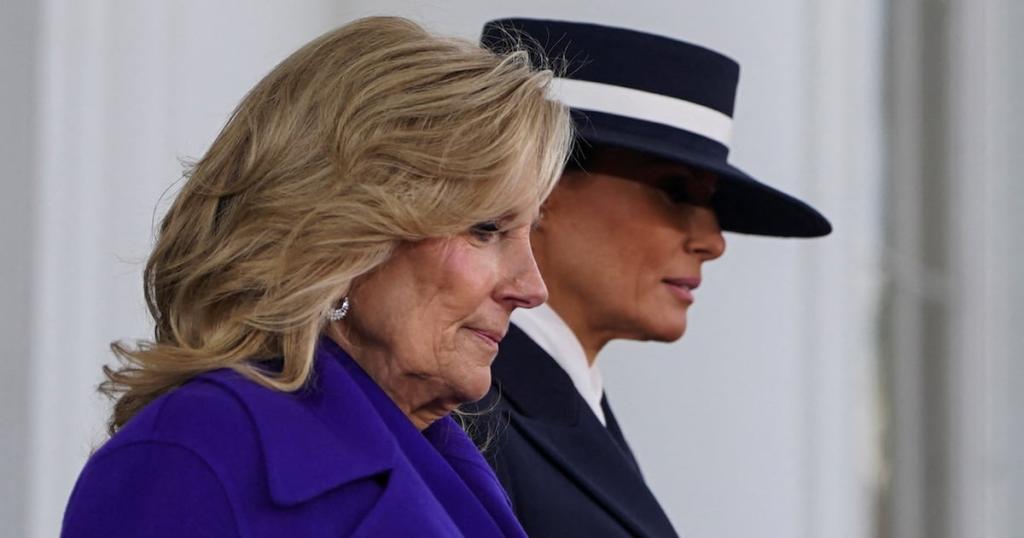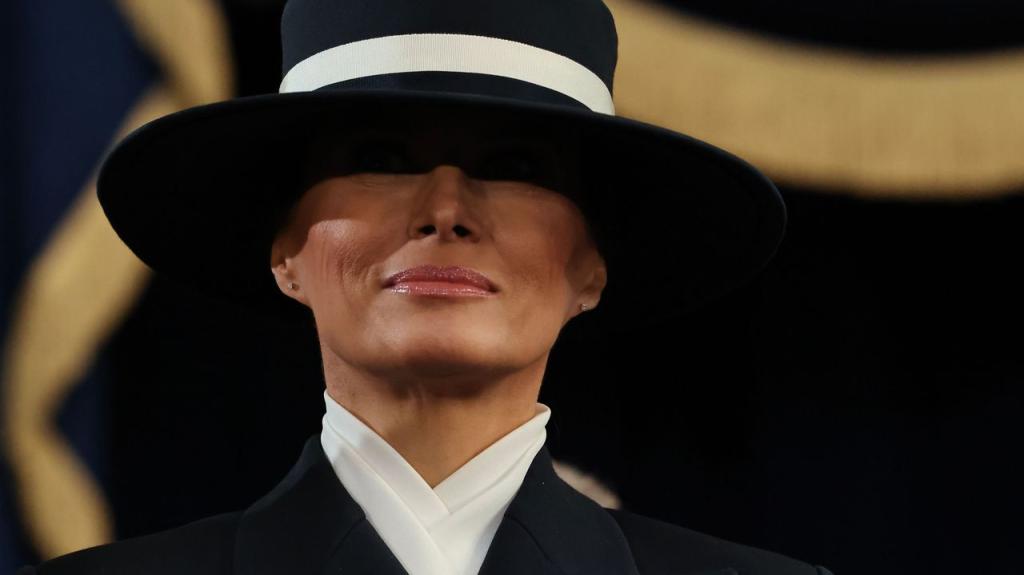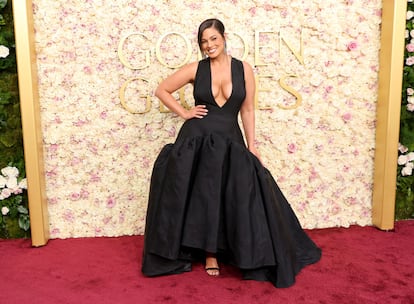Magnus Carlsen Redefines Chess Norms with Jeans at Championships
Discover how Magnus Carlsen's choice to wear jeans at the World Chess Championships is reshaping traditions and modernizing the sport's image.

Key Points
- Magnus Carlsen
's return to the World Chess Championships in jeans highlights a significant shift in dress code norms within the chess community.
- FIDE's decision to allow "elegant minor deviations" from traditional attire reflects chess's evolution toward a more inclusive and modern image.
- This incident underscores the balance between maintaining tradition and embracing individuality, potentially attracting a younger audience to the sport.
In the world of chess, the tension is not only found on the board; it has now entered the realm of fashion. Recently, Magnus Carlsen, the reigning chess superstar, made headlines for his unexpected exit from the Rapid World Chess Championships in New York. His departure was not due to a tactical blunder but a disagreement over the tournament's dress code, which famously barred him from wearing jeans. However, what started as a controversy has evolved into a significant dialogue about the norms within the chess community and its impact on its future.

The international chess federation, known as FIDE, initially enforced strict dress codes that deemed jeans unacceptable attire for its tournaments. Carlsen, who wore a jacket and jeans to a match, was fined $200 and told he could not continue participating unless he changed his pants. Underlining his defiance, Carlsen made it clear that this dispute wasn't just about clothing; it was about respect for the game and personal principles. “As a matter of principle, I am definitely playing in jeans”, he stated during a video address.
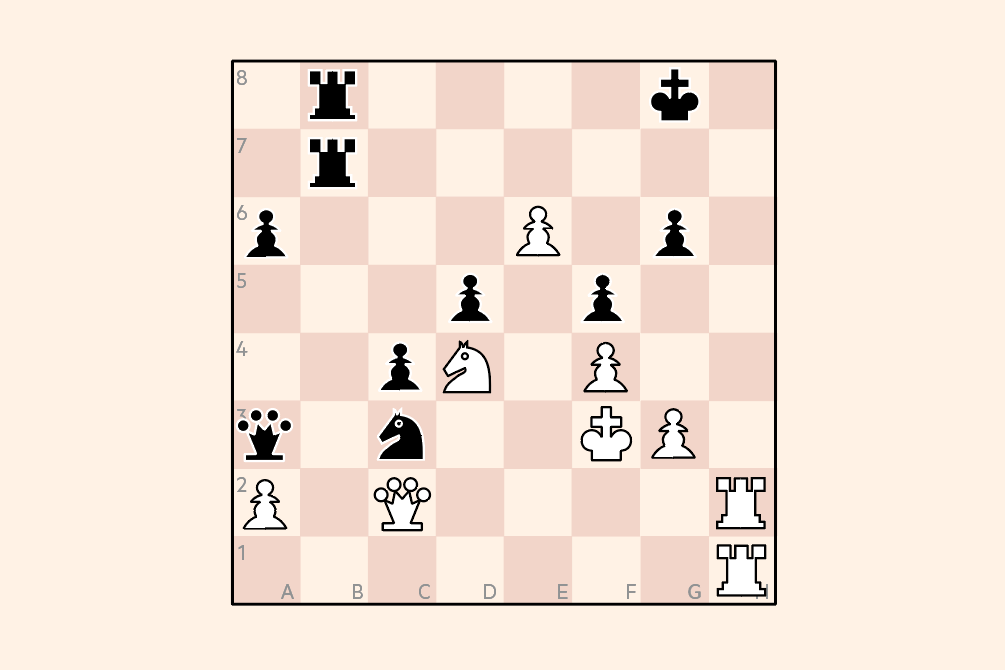
As Carlsen withdrew, FIDE's President
expressed regret over how the situation escalated. Realizing the potential fallout from losing their star player, FIDE announced a loosening of the dress code to allow "elegant minor deviations". The changes still emphasize professional attire but open the door for appropriate attire like well-fitted jeans, a shift that reflects the evolving nature of chess as a sport accessible to all.
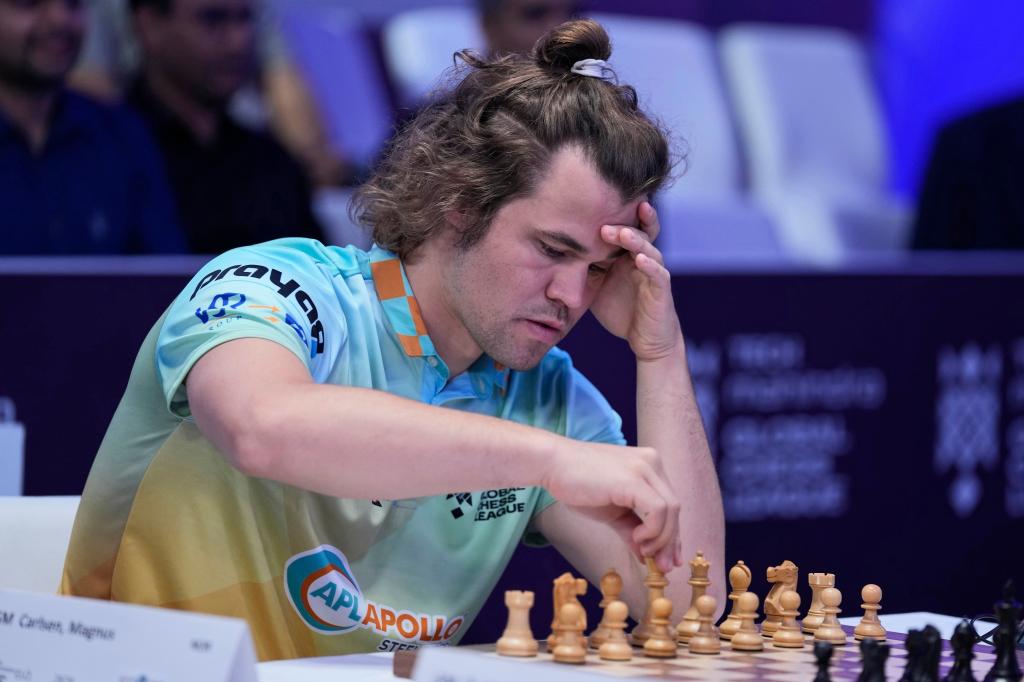
A Cultural Shift in Chess
This incident brings forth an important theme: the intersection of tradition and modernity in chess. Historically, chess attire has been formal, reflective of its long-standing traditions and its place within elite circles. However, as chess grows in popularity, especially among younger audiences, there's an increasing recognition that adaptability is key. FIDE's change in stance may signal more than just a flexible dress code; it represents a broader acceptance of individuality and comfort in professional sports scenarios.
Carlsen's return to the tournament in jeans symbolizes his influence within the chess community. As a five-time world champion, his choices resonate with fans and aspiring players alike, making him a critical driver for change. The impact of his actions cannot be overstated; not only does he challenge restrictive norms, but he also encourages a more relatable atmosphere for newcomers to the sport.This could enhance engagement and draw a younger demographic toward chess.

Moreover, sporting more relaxed attire can also influence players' mindset. The pressure to conform to rigid standards—a factor that can distract or promote anxiety—might diminish for many players. Dressing comfortably can allow them to focus better on the game and invoke creativity and strategy without the added burden of formal wear.
Looking Forward: The Future of Chess
The decision to allow minor deviations from the dress code may pave the way for future reforms in chess culture. As we watch Carlsen don his jeans on the tournament floor again, we can view this as a pivotal moment. The sport is indeed evolving, and there's potential for chess to become even more inclusive and engaging.

Ultimately, Magnus Carlsen’s ongoing engagement with FIDE and his return to the roster of competitors—while wearing jeans—may symbolize a much-needed cultural renaissance in chess. As this beloved game continues to grow, its rules and perceptions must adapt to meet the aspirations of its enthusiasts. This flexibility can only enhance chess's global reach, making it more accessible, enjoyable, and exciting for everyone.

The chess community now stands at a crossroads, ready to embrace changes that align with a new era—one that's bold, inclusive, and unafraid to mix tradition with contemporary appeal. Every match played, from the simplest local gatherings to prestigious tournaments, contributes to reshaping perceptions, making it a time where every player has a chance to shine, regardless of their attire.
